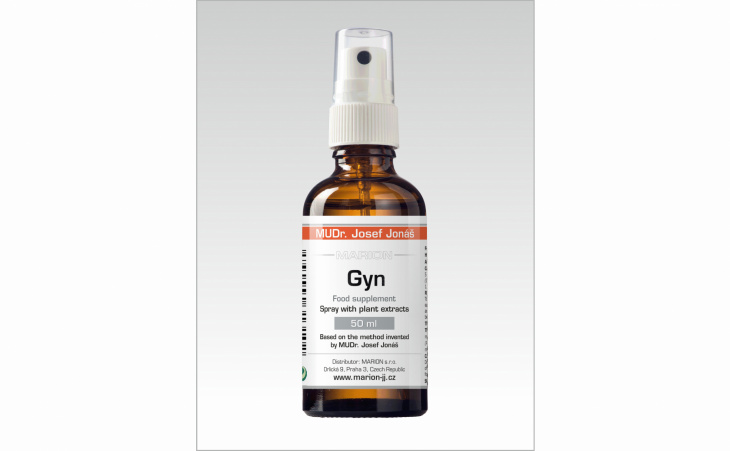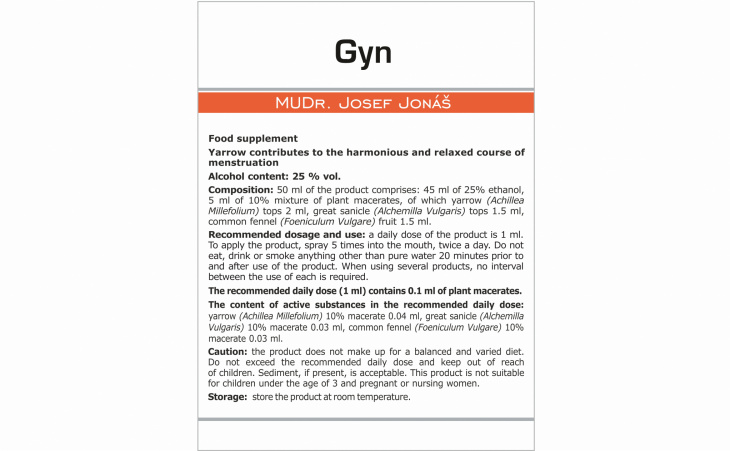Indication:
| Toxins | Indication |
| Antibiotics | Helps remove toxins from the gynaecological system including the hypothalamus, combination with the intestinal symbiosis kit is important |
| Borrelia | |
| Borrelia toxin | |
| Dysbiosis | |
| Chlamydia trachomatis | |
| Chlamydia pneumoniae | |
| Cerebral cortex | |
| Intestinal carcinogen | |
| Toxic metals |
Detail:
Health problems with the gynecological tract are quite common. However, it is a rather complicated system that we need to explain. The brain controls the hormonal system, including sex hormones, which have a major influence on the function of the gynaecological system. The hypothalamus controls the anterior lobe of the hypophysis - the adenohypophysis, which controls the ovaries and the processes that take place in the ovaries are reflected in the uterus. The eggs in the ovaries mature under the influence of hypophyseal hormones. The lining of the uterus also grows and peels off under the influence of the hypophyseal hormones. This means that the cause of most disorders is not localized directly in the gynecological system. Although the ovaries may become diseased with cysts or autoimmune processes, the uterus may become infected or grow benign tumours - fibroids. The vagina is used for the sexual act, which transmits a long list of dangerous infections. Its mucosal microflora resembles the intestine, and lactobacilli play an essential role here as well. In a healthy state, the vagina has a perfect immune system, but if this immunity is compromised, the cervical mucosa can easily become infected with papillomaviruses. It is clear from the above that Gyn is a complicated preparation that must pay attention to the hypothalamus, hypophysis, ovaries, fallopian tubes, uterus, vagina, and intestine. The problems of the gynaecological system are infectious, hormonal and cancerous. It is an organ preparation focused on the structures involved.


